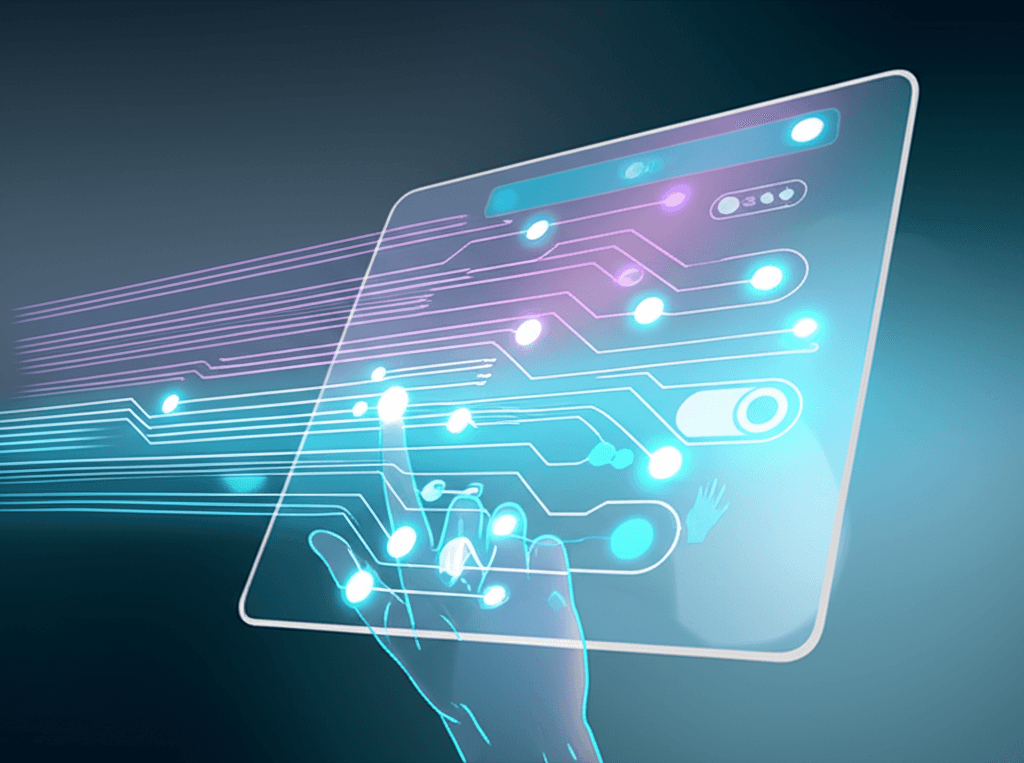OpenAI Brings ChatGPT Memory to All Free Users, Personalizing AI
No more repeating yourself: Free ChatGPT now learns and remembers your preferences for personalized, efficient, and natural conversations.
June 3, 2025

OpenAI is extending its memory feature to free users of ChatGPT, a significant development that allows the artificial intelligence to recall information from previous conversations to provide more personalized and contextually relevant responses. This move aims to make interactions with the AI more efficient and natural, as users will not need to repeat information across different chat sessions. The feature, which has been available to paid subscribers, will now offer a version to the broader user base, potentially transforming how millions interact with the popular chatbot.
The memory capability in ChatGPT functions in two primary ways: users can explicitly instruct the AI to remember specific details, or the AI can autonomously pick up information from conversations.[1][2] For example, a user could tell ChatGPT to remember their preferred meeting note format or that they own a coffee shop, and the AI would then utilize this information in future relevant requests, such as summarizing a meeting or brainstorming social media posts.[1] Additionally, ChatGPT can learn preferences and details implicitly from the ongoing dialogue, meaning the more a user interacts with the AI, the better its memory and personalization capabilities become.[1][3] Free users are receiving what OpenAI describes as a "lightweight version" of these memory improvements, focusing on providing short-term continuity across conversations.[1][4][5] This contrasts with the more comprehensive, longer-term understanding available to Plus, Pro, Team, and Enterprise users.[1][4]
OpenAI emphasizes that users remain in control of ChatGPT's memory.[1][6] Individuals can view what ChatGPT has remembered, delete specific memories, or clear all memories through the settings.[1][7][8] The memory feature can also be turned off entirely at any time in Settings under Personalization.[1][7] If memory is turned off, ChatGPT will not create or use memories.[1] Furthermore, deleting a chat does not automatically erase memories learned from that chat; the memory itself must be deleted.[1] For conversations where users do not want any memory to be used or created, a "Temporary Chat" mode is available.[1][7][8][9] These temporary chats won't appear in history and won't use or update memory.[1][10] OpenAI has also stated it is taking steps to prevent ChatGPT from proactively remembering sensitive information, such as health details, unless explicitly asked to do so by the user.[4][7] Regarding data usage, OpenAI clarifies that content from ChatGPT Team, Enterprise, and Edu customers is not used to train their models by default.[1][4] For other users, if the "Improve the model for everyone" setting is enabled, shared content, including memories, may be used to improve model performance, but this setting can be turned off.[4]
The introduction of memory for free users carries significant benefits. It can save users time by eliminating the need to re-explain context or preferences in each new conversation.[7][11] This leads to a more streamlined and efficient user experience, making ChatGPT feel more like a personalized assistant that understands the user's needs and history.[3][7][12][11][13] For example, if a user has previously mentioned they are a vegetarian, ChatGPT with memory enabled would ideally not suggest meat-based recipes in subsequent interactions.[7] This enhanced personalization can lead to more coherent, relevant, and insightful responses, improving overall engagement and satisfaction.[3][7] In the broader AI landscape, this development pushes ChatGPT further towards becoming an adaptive personal assistant, competing with other AI models like Google's Gemini, which also possesses memory capabilities.[14][15][16] The ability to remember and build upon past interactions is a key step in making AI more intuitive and genuinely helpful in daily tasks and complex projects.[12][6][13][2][17]
The rollout of memory improvements to free users began in early June 2025.[1][5][18] For users in the European Economic Area (EEA), which includes the EU, UK, Switzerland, Norway, Iceland, and Liechtenstein, the feature requires an explicit opt-in.[4][5][18] They will be prompted to enable it or can do so via Settings > Personalization > Memory > Reference chat history.[4][5][18] Outside these European regions, free users who already have memory enabled will receive the upgrade automatically.[4][5] It's important to note that there are still differences between the memory capabilities offered to free and paid users, with the free tier having a more limited short-term memory.[1][4] The effectiveness of the memory also improves the more it's used.[1][19] While there isn't a storage limit for "Reference chat history," "saved memories" do have a limit, and users will be notified when this storage is full.[4] Some limitations may also exist depending on the specific ChatGPT model being used, as not all models may support memory features equally.[4] Some early user feedback for the memory feature in paid tiers noted that stored memories could sometimes be overridden by the AI's training data, and managing numerous memories could become cumbersome, suggesting areas for ongoing development.[20]
The extension of ChatGPT's memory feature to its vast free user base marks a pivotal moment in the accessibility of more personalized AI. By allowing the chatbot to retain and recall information, OpenAI is aiming to make interactions more intuitive and productive. While user control and privacy considerations remain paramount, the ability for ChatGPT to learn from past conversations has the potential to significantly enhance its utility as a versatile digital assistant, making it more attuned to individual user needs and preferences over time. This move not only improves the ChatGPT experience but also signals the broader trend in the AI industry towards creating more intelligent and adaptive systems capable of fostering more continuous and meaningful human-computer interactions.
Sources
[1]
[4]
[6]
[7]
[8]
[11]
[12]
[13]
[14]
[15]
[16]
[17]
[18]
[20]